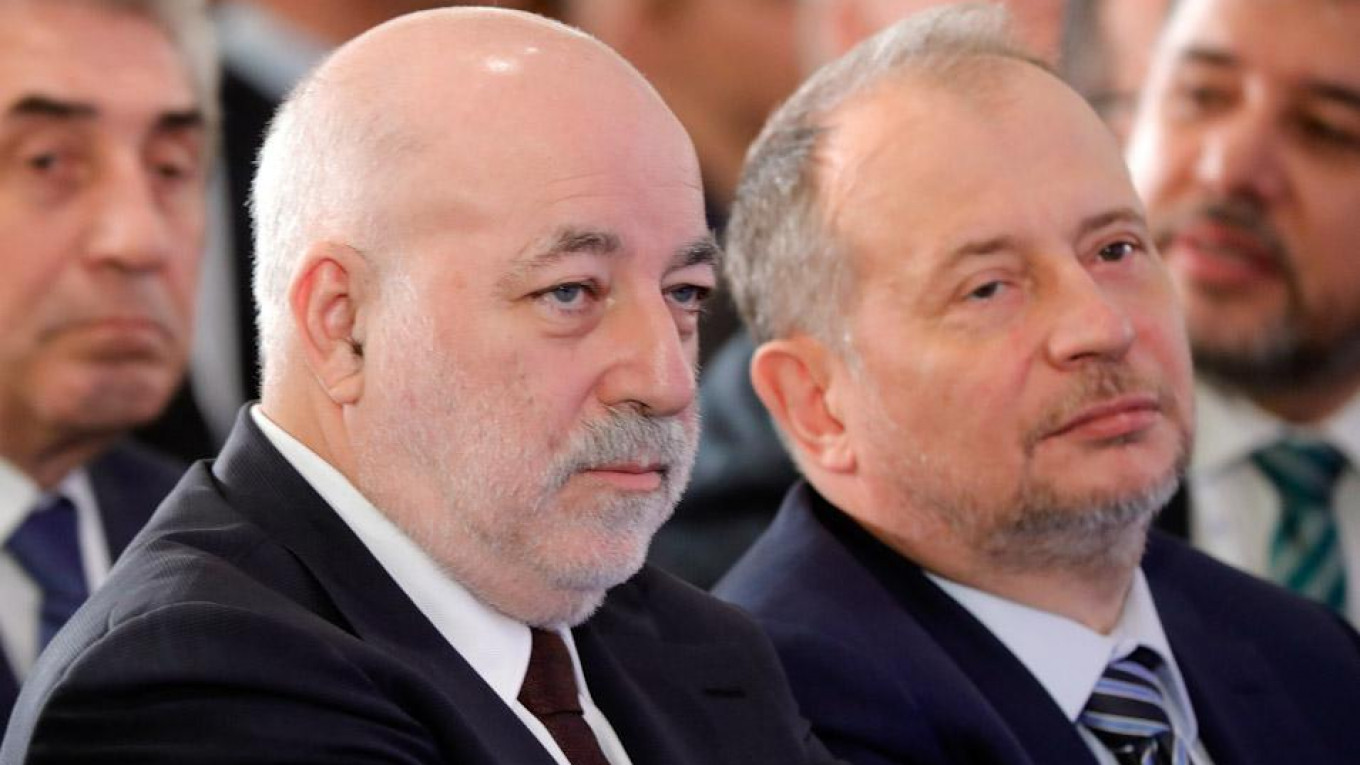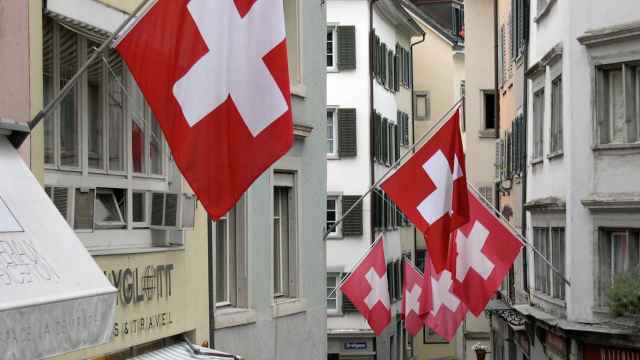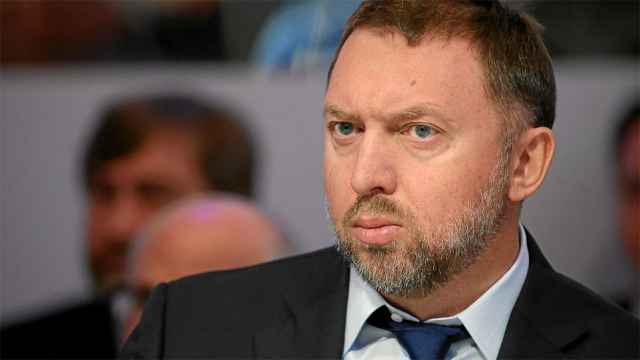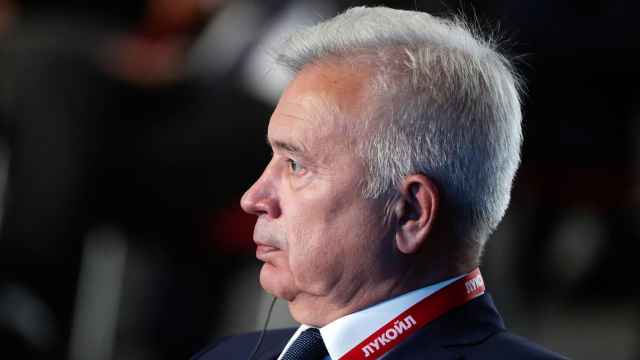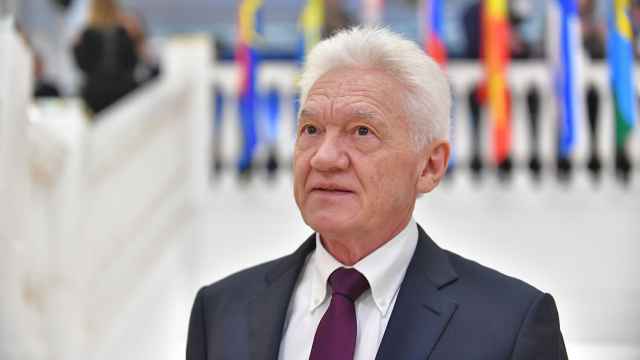The number of Russian billionaires has grown by 29 in two years despite geopolitical tensions between Moscow and the West and economic sanctions, Russian Forbes said in its new list for 2018.
Forbes' ranking suggested that Russia’s wealthiest people lost an estimated $12 billion in one day last week after seven Russian oligarchs were added to a U.S. sanctions blacklist over “malign activities.”
Despite Western sanctions, the Forbes list of Russian billionaires published Thursday grew from 77 in 2016 to 96 in 2017 and 106 this year.
Since 2017, the businessmen’s net worth climbed by $25 billion to a collective $485 billion in 2018.
“Despite market stagnation and the expectation of new Western sanctions, 2017 turned out to be a successful year for most of its members,” Forbes remarked.
Steel tycoon Vladimir Lisin topped the Forbes rich list with $19.1 billion in wealth. Fellow steel tycoon Alexei Mordashov ranked second with $18.7 billion and metals magnate Vladimir Potanin placed third at $15.9 billion.
The ranking’s newcomers include Ivan Savvidis, who was banned from attending Greek football matches for three years after storming a pitch with a gun at his side in Thessaloniki last month; sanctioned oligarch Oleg Deripaska’s ex-wife, Polina Deripaska; and the chief investor in a shopping mall in Siberia where 64 people were killed in a massive fire last month, Denis Shtengelov.
Forbes said three billionaires left the list this year, including real estate tycoon Boris Mints, banker Mikail Shishkhanov and insurance businessman Danil Khachaturov.
Before adding seven Russian oligarchs and 17 officials to a new sanctions blacklist this month, the U.S. Treasury Department released a so-called “Kremlin List” in January of 96 businessmen as possible targets of future sanctions.
The list, which did not impose punitive measures against its members, faced criticism for copying the Forbes’ 2017 list of 96 Russian billionaires.
A Message from The Moscow Times:
Dear readers,
We are facing unprecedented challenges. Russia's Prosecutor General's Office has designated The Moscow Times as an "undesirable" organization, criminalizing our work and putting our staff at risk of prosecution. This follows our earlier unjust labeling as a "foreign agent."
These actions are direct attempts to silence independent journalism in Russia. The authorities claim our work "discredits the decisions of the Russian leadership." We see things differently: we strive to provide accurate, unbiased reporting on Russia.
We, the journalists of The Moscow Times, refuse to be silenced. But to continue our work, we need your help.
Your support, no matter how small, makes a world of difference. If you can, please support us monthly starting from just $2. It's quick to set up, and every contribution makes a significant impact.
By supporting The Moscow Times, you're defending open, independent journalism in the face of repression. Thank you for standing with us.
Remind me later.


